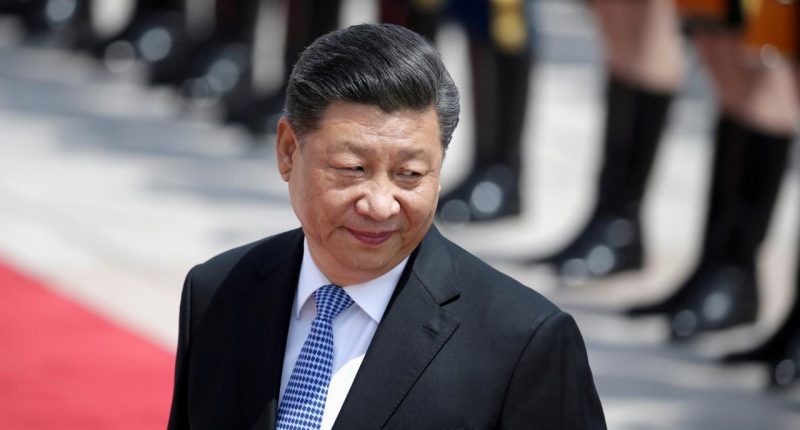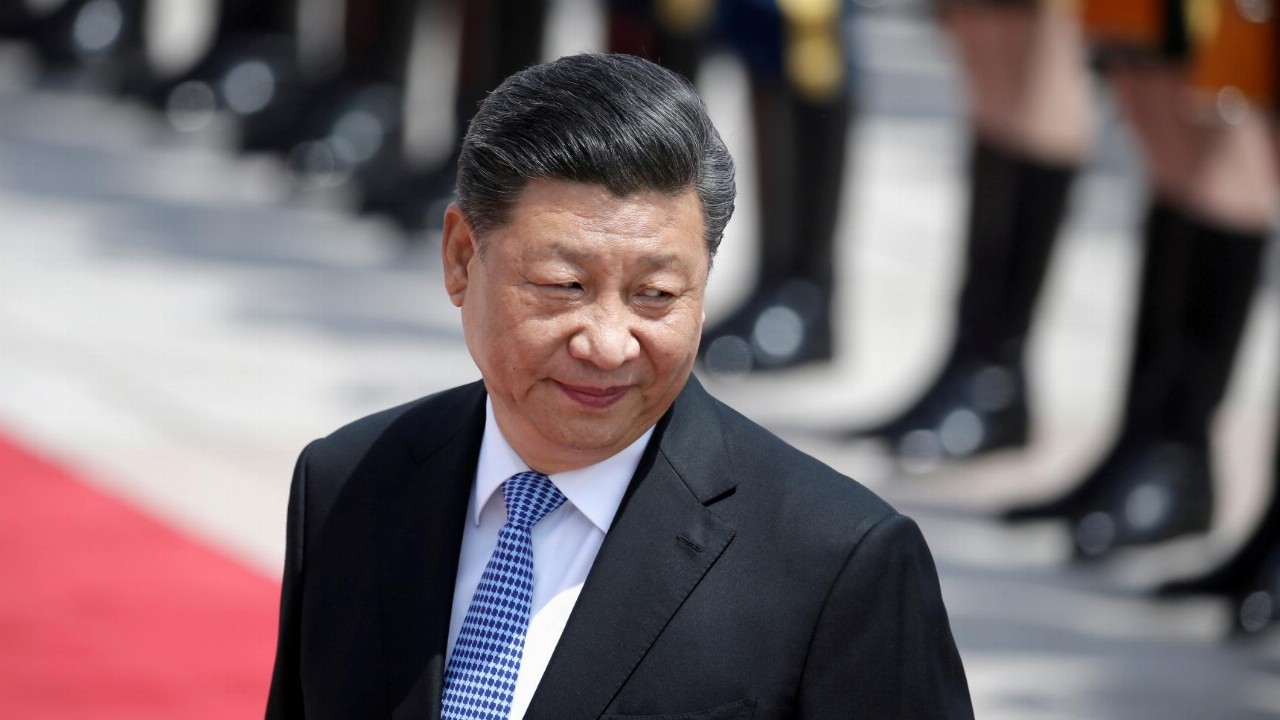- China officially applies to join a major trans-Pacific trade pact between Australia, Japan, Canada and several other economies
- The Comprehensive and Progressive Agreement for Trans-Pacific Partnership (CPTPP) is the largest free-trade pact in the Asia-Pacific region
- All 11 current members of the pact, including Australia, will need to come to a consensus in order for China to join
- This could be tough for Beijing given its souring trade relationship with Canberra, and recent criticisms of Australia and its allies
- China’s state-run tabloid, the Global Times, says the move to apply for the CPTPP “attests to the country’s commitment to global trade liberalisation”
China has officially applied to join a major trans-Pacific trade pact between Australia, Japan, Canada and several other economies.
The Comprehensive and Progressive Agreement for Trans-Pacific Partnership (CPTPP), signed by 11 different nations, is the largest free-trade pact in the Asia-Pacific region and accounts for around 13.5 per cent of the global economy.
China’s Ministry of Commerce applied to join the pact this week in a letter to New Zealand’s Trade Minister, Damien O’Connor.
Beijing said Mr O’Connor and Chinese Minister of Commerce Wang Wentao had previously spoken over the phone about the member application.
However, all 11 current members of the CPTPP will need to agree to allow China to join the multilateral partnership, which could be tricky given China’s criticisms of many partner nations over the past two years and, particularly, Beijing’s ongoing trade scuffle with Australia.
China has imposed a string of tariffs on several Australian goods including wine and barley.
Further, Beijing has been openly critical of Australia’s alliances with the likes of the US, Canada, and the UK. Just this week, Beijing blasted a new submarine deal between Australia, the US, and the UK as “extremely irresponsible”.
On the other hand, Australia has joined a throng of international voices in rejecting China’s territorial claims in the South China Sea, and Prime Minister Scott Morrison helped lead calls for an investigation into the origins of COVID-19 last year.
Despite this, China’s state-run tabloid, the Global Times, said the country’s decision to apply for a spot in the CPTPP was a “landmark move that attests to the country’s commitment to global trade liberalisation”.
According to the paper, an expert at the Chinese Academy of Social Sciences in Beijing, Gao Lingyun, said the CPTPP was wider than other free trade deals China had signed, such as the Regional Comprehensive Economic Partnership.
“The move is a significant development for China’s involvement in international economic and trade deal setting and tends to put China on a better position in deciding on future trade rules,” Mr Gao said.
The Global Times report added China’s move to join the trade pact contrasted with “intensifying efforts” by the US to “isolate itself from other countries”.
The CPTPP is the successor to a previous Pacific trade deal from which the US withdrew in 2017 under the Trump administration.







